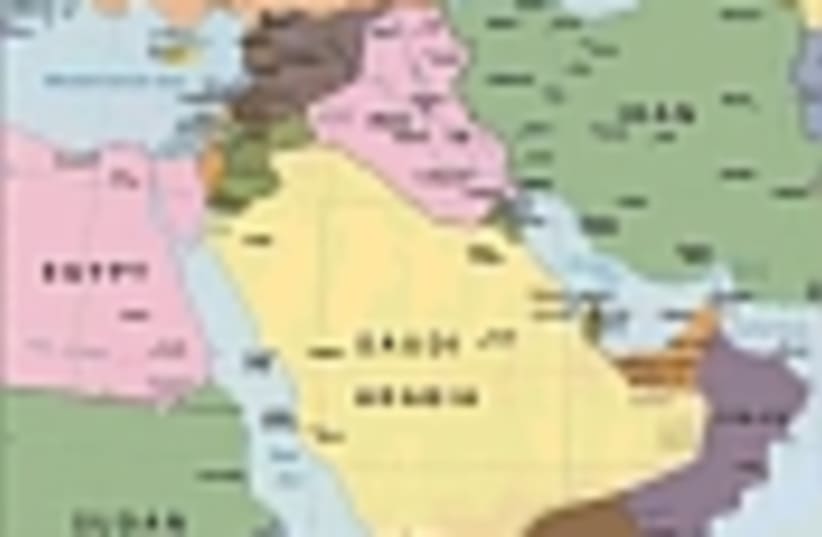| JPOST.COM HIT LIST | |
| JPost.com's most popular articles this past week |
The Region: The missing Mideast moral compass
The PA has long been permissive about terrorism, but actually endorsing it is something new.


| JPOST.COM HIT LIST | |
| JPost.com's most popular articles this past week |